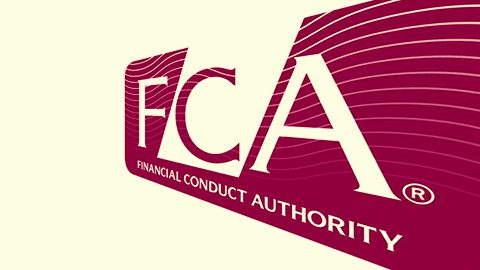The UK’s Financial Conduct Authority (FCA) has issued a warning about a sharp rise in impersonation scams, with criminals posing as the regulator to defraud consumers.
According to FCA data, more than 4,400 reports of such scams were filed in the first half of 2025. Alarmingly, nearly 500 individuals transferred funds to fraudsters who convincingly claimed to act on behalf of the FCA (Finextra).
Methods Used by Fraudsters
The scams typically involve:
- Cryptocurrency recovery schemes, where victims are told the FCA has located digital assets linked to their name and must pay a fee to release them.
- Loan recovery claims, in which fraudsters approach previous scam victims, offering to recover funds in exchange for an upfront payment.
- False legal notices, including emails about County Court Judgments, pressuring victims into paying the FCA to avoid supposed legal consequences.
These schemes often arrive via email, phone calls, text messages, or WhatsApp, and frequently use FCA branding and language to enhance credibility.
Victim Profile
The FCA highlighted that older consumers (aged 56 and above) are disproportionately affected, representing almost two-thirds of reported cases. The combination of trust in authority and the sophistication of communications makes this group particularly vulnerable.
Regulatory Response
The FCA has reiterated that it does not request money, PINs, passwords, or sensitive account details from consumers. Any such request is fraudulent.
Steve Smart, Joint Executive Director for Enforcement and Market Oversight, stressed the severity of the situation, noting that fraudsters “are ruthless and will exploit trust in official institutions to extract money and information.”
Implications
Impersonation scams of this nature not only cause significant financial losses but also erode trust in legitimate financial authorities. As the UK continues to expand its regulatory oversight of digital assets and financial services, maintaining consumer confidence is critical.
Key Takeaway
Consumers are urged to exercise caution when contacted by individuals claiming to represent the FCA. Verification should always be conducted through official FCA channels, and suspicious approaches should be reported to Action Fraud or Police Scotland.




